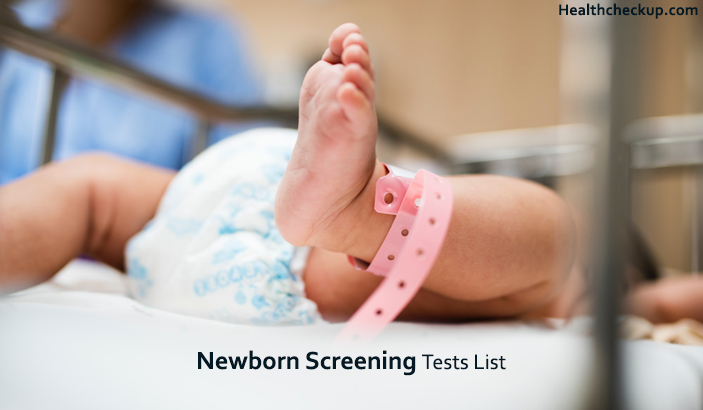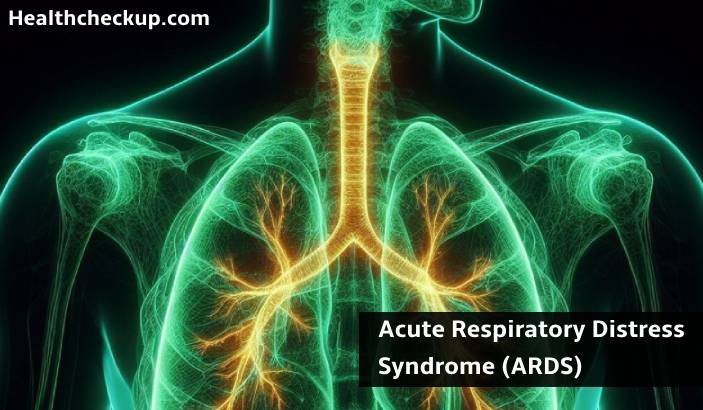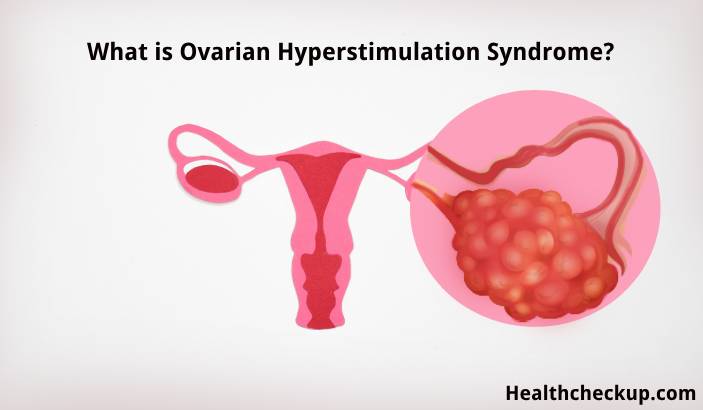You need to undertake steps to ensure that your baby gets all the essential care from the moment he is born. One of the first things that you should consider is to know the newborn screening tests list so that his entire well-being is checked.
What Are The Newborn Screening Tests?
Newborn screening is a very crucial public health service done in every state. Your newborn will be tested for various disorders that are not visible at birth. Various tests are done in the first days of your baby’s life to determine conditions and disorders that can be a hindrance to his normal development.
In this way, these conditions can be detected and treated earlier to prevent physical and intellectual disabilities, as well as life-threatening diseases. If these are not determined earlier, these conditions may result in serious health issues throughout your baby’s life. So if you don’t want it to happen, make sure to undergo newborn screening.
Why Do Newborns Undergo Screening Tests?
The main purpose of newborn screening is to detect serious diseases that can be treated earlier. Most of these diseases are inherited and genetic. Usually, the test is done before your baby leaves the premises of the hospital. Newborn screening tests can be done within 24 hours from the baby is born, but it can be done again when your baby is 1 to 2 weeks old.
Newborn Screening Tests List
Every state might require various newborn screening tests. Here are some tests that can help determine the list of diseases, including
1. Metabolic Problems
Metabolism is the process of converting food into energy so that your baby can think, move, and grow. Special proteins called enzymes can aid in metabolism, but the lack of enzymes can cause metabolic problems. Metabolic disorders such as phenylketonuria, methylmalonic acidemia, maple syrup urine disease, tyrosinemia, citrullinemia, and medium-chain acyl CoA dehydrogenase deficiency can be determined.
2. Hormone Problems
Glands produce hormones that can serve as a messenger. If your glands make not enough or too many hormones, your baby will most likely suffer from hormone problems including, congenital hypothyroidism and congenital adrenal hyperplasia.
3. Hemoglobin Problems
Red blood cells contain a protein called hemoglobin responsible for carrying oxygen to the various parts of your body. If your baby undergoes newborn screening test, your doctor can determine hemoglobin problems such as sickle cell disease, hemoglobin SC disease, and beta-thalassemia.
4. Other Problems
Newborn screening also includes tests which determine rare conditions such as galactosemia, cystic fibrosis, biotinidase deficiency, severe combined immunodeficiency, Pompe disease, mucopolysaccharidosis type 1, X-linked adrenoleukodystrophy, and spinal muscle atrophy.
Some states may also require hearing tests. Some hospitals would conduct hearing tests using OAE. OAE testing for newborns is usually done first before ABR testing if your baby doesn’t pass the first OAE. But for babies who are under the NICU for more than five days, the ABR test is used. There may be more in the newborn screening tests list that you may be required to undertake, depending on the state you are in.
Newborn Screening Test Procedure
Within 24 to 48 hours from the moment your baby is born, newborn screening is being undertaken through a blood test. But as your baby reaches ages 1 to 2 weeks old, a second test is required during your check-up appointment. Don’t worry because even if you are not aware of this, newborn screening is already part of standard care.
Your baby’s heel is pricked to collect drops of blood. Although this might bring a little discomfort to your baby, this procedure is a must. The blood is then stored in a special kind of paper, which is then sent to a lab for analysis. The results are already available within 2 to 3 weeks.
Newborn Screening Test Results
If the result is negative, it means that your baby is in the normal range. It is an indication that your baby is not in the increased risk of various diseases. A negative result may also mean “in-range,” “passing,” or “normal.”
If the result is negative, you are no longer needed to be notified. Follow-up testing is required only when the result is positive. But then, a negative result does not necessarily mean that your baby does not suffer from any disease. There are cases when there is a “false negative” result.
Conclusion
If you want to ensure your baby’s entire well-being, you need to know the newborn screening tests list. It can help your doctor detect diseases that your baby may be suffering so you can treat them as early as possible.
Doctor, author and fitness enthusiast, Ahmed Zayed, MD, is a surgery resident with a passion for helping people live a happy healthy life. He is the author of numerous health-related books and contributor to several medicine, health and wellbeing websites.








